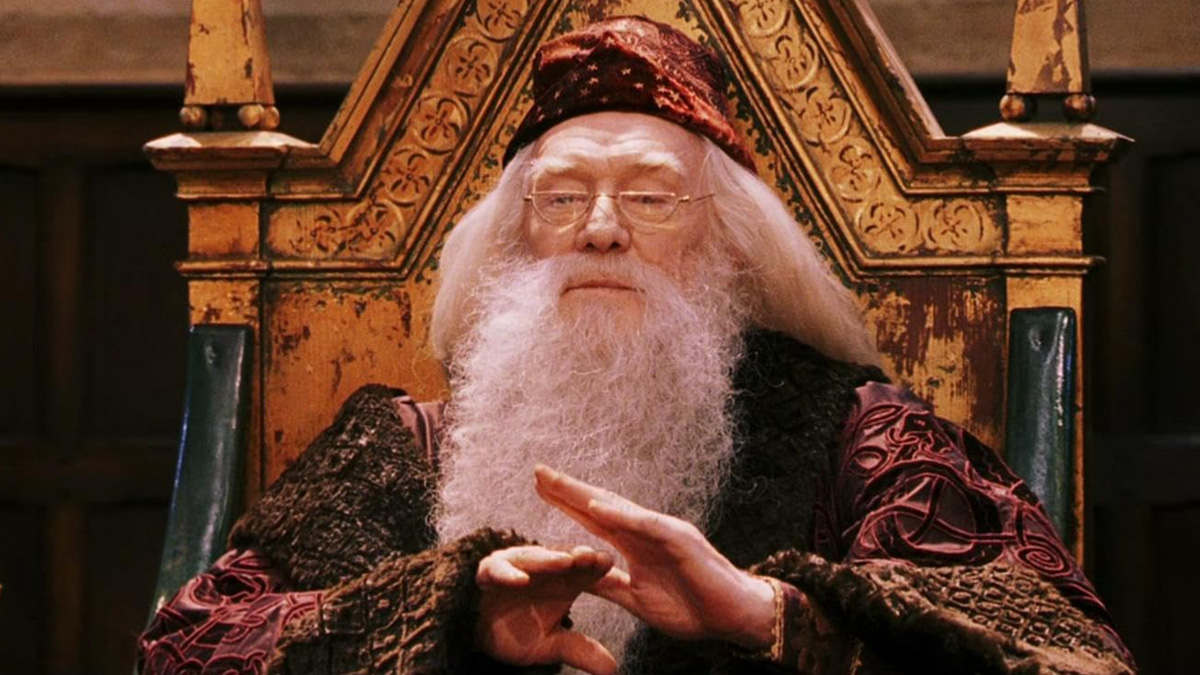If you offer up the word “reboot” or “remake” to the average filmgoer, they’ll likely reply with an uninvolved sneer and mumblings about how originality is dead.
But here’s the thing about remakes: they’re not inherently creatively bankrupt, and can be the crux for some genuinely fantastic movies. The trick is to remake material that didn’t live up to its potential in the original release.
Unfortunately, among those who don’t understand this are the people in charge of getting things remade, and so that’s why we’re getting a Max television series based on the Harry Potter books. This, even though the film series has soared about as immaculately as any cinematic franchise could have.
It’s for this reason that Jared Harris — the son of Richard Harris, who portrayed Hogwarts headmaster Albus Dumbledore in the first two Harry Potter films — isn’t convinced that this Wizarding World enterprise will be worth anyone’s time. Per Entertainment Weekly:
I don’t understand. The films were fantastic — leave them alone.
To the show’s credit, it has quite a bit of creative firepower behind it already: Francesca Gardiner, who wrote 17 episodes of television juggernaut Succession, is serving as the showrunner, while Max darling Mark Mylod (of Succession, Game of Thrones, and The Last of Us fame), will executive produce alongside Gardiner and also direct many an episode.
Still, is there really enough material from the books left out by the movies to justify telling this story once again? Will the core of the story be presented in the same manner as the films, which were already very accurate to the source material? Whatever the answers, the question remains: why tell this story again?
Still, one needs to wonder if there’s enough material from the books left out by the movies to justify telling this story over again, and if there is, will it coalesce with the thematic heft of the Harry Potter story? Further still, will the tried-and-true core of that story even be the core this time around? Whether it is or not, the question remains: why tell this story again?
The answer, of course, is that studios don’t understand IP beyond shiny wrapping paper that made a lot of money back in the day, and given the success of the Harry Potter films, a green light was inevitable. It is the task of Gardiner and company, then, to take this big pile of magical redundancy and turn it into something that justifies its existence in the wake of its cinematic ancestors. Here’s hoping they’re stocking up on Felix Felicis potions in the lead-up to the show’s projected release date of 2026, because they’ve got quite the task ahead of them.
